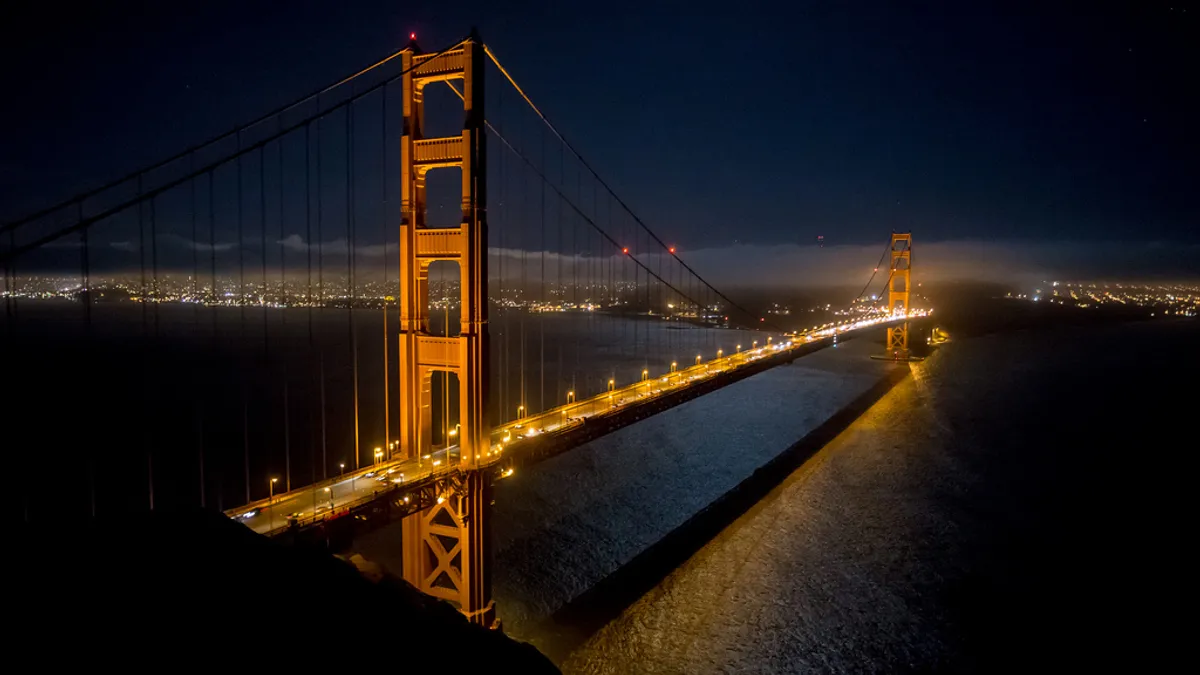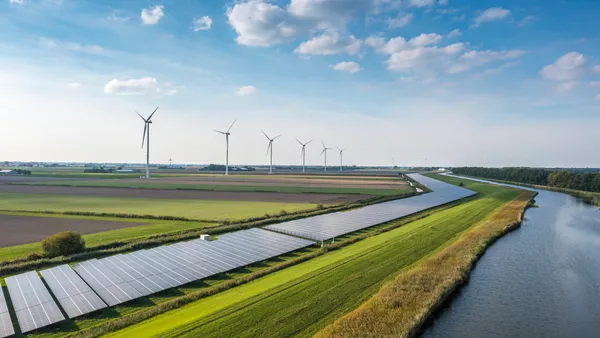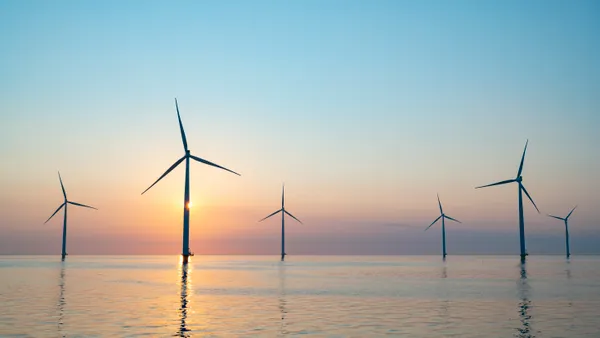Dive Brief:
- California Gov. Jerry Brown (D) has signed an agreement with China's Minister of Science and Technology, committing to deepen cooperation on the development of clean energy technology.
- Brown also met with China President Xi Jinping and, according to a statement, the two discussed "the importance of expanding cooperation on green technology, innovation and trade." Reuters previously reported that Brown would be discussing linking the state's carbon markets with China's, but so far those talks haven't materialized.
- Brown's trip to Asia comes as California and many other states are expressing their commitment to address climate change, in the wake of President Trump's decision to leave the United Nations Paris climate accord. At the same time, China has been developing more clean energy and is taking a leadership position on the issue.
Dive Insight:
President Trump's decision to abandon the Paris accord—and largely, the global conversation on climate change—has created a domestic climate leadership vacuum that industry, states and local governments have rushed to fill. And on the global stage, China may be stepping into that role as it develops growing amounts of renewables.
All that set the stage for this week's meeting between Brown and Xi, and a green technology agreement that could be the beginning of a broader partnership.
"California is the leading economic state in America and we are also the pioneering state on clean technology, cap and trade, electric vehicles and batteries, but we can't do it alone," Brown said during his meeting with the Chinese President, according to his office. "I have proposed that California will cut its greenhouse gases 40 percent below 1990 levels and that we'll have 50 percent of our electricity from renewables. To keep that goal, we need a very close partnership with China - with your businesses, with your provinces, with your universities."
The technology agreement expands cooperation on the advancement of "low-carbon, renewable energy and energy efficiency technologies"—specifically, zero-emission vehicles, energy storage, grid modernization and low-carbon urban development.
"Under the agreement, California and China will also deepen their partnership and coordination on greenhouse gas emission and air pollution reduction programs, including emissions trading systems and carbon capture," the statement said.
While California's sixth largest economy may expand the state's reach, all total a dozen states and Puerto Rico have formed the U.S. Climate Alliance and committed to achieving the goals of the Paris accord. The states, including California, New York and Washington, will reduce emissions 26% or 28% from 2005 levels—while meeting or exceeding the targets of the Obama administration's Clean Power Plan.
Signed by 195 nations at the end of 2015, the Paris accord aimed to limit global warming to 2°C this century. President Trump said the agreement is a "bad deal for Americans" that "disadvantages the United States. The country's commitments would have translated into an 80% economywide decarbonization for the U.S. by 2050.















